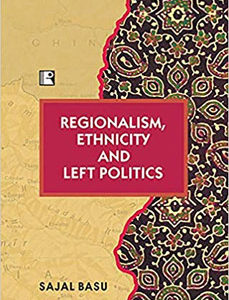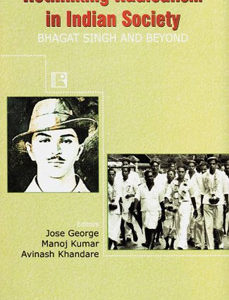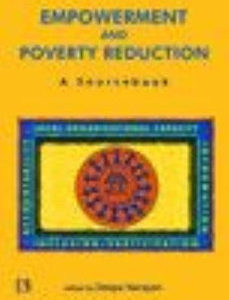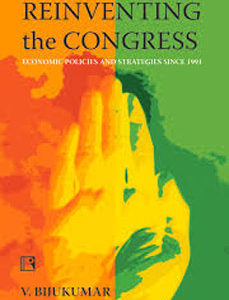EXPERIMENT OF DIRECT DEMOCRACY: Gram Swaraj in Madhya Pradesh
₹1,095.00 Original price was: ₹1,095.00.₹876.00Current price is: ₹876.00.
25 in stock
Village communities have been in existence in India for over centuries and panchayats have been an intimate part of the Indian culture. Panchayat system is one of the unique democratic institutions evolved in India by country’s own genius and ethos. The post-73rd amendment phase has generated immense interest among the observers and experts who were keen to understand this significant change in the pattern of governance at the grassroots level. In the continuation of the process of strengthening institutional governance at local level, an innovation of Gram Swaraj system was introduced in Madhya Pradesh in 2001.
The book is an attempt to identify, document and comprehend the broad trends emanating from the field, based on the experience of three years’functioning of Gram Swaraj in Madhya Pradesh. Three years is a short span of time for the dust to settle from such radical changes. However, it is important to understand and analyse the process and direction of institutionalisation of the present system and its status in the initial phase, which would have a significant impact and critical lessons for charting out the future course of action for effective people-centric development and governance not only in the state but across the country.
The book will interest a range of readers including researchers, bureaucrats, policy makers, planners and those concerned with the development of rural India.
| Author's Name | |
|---|---|
| Binding | |
| Release Year | |
| Language | |
| Publisher |
Related products
Political Science
Political Science
Political Science
RETHINKING RADICALISM IN INDIAN SOCIETY: Bhagat Singh and Beyond
Political Science
Political Science
Political Science
Political Science
REINVENTING THE CONGRESS: Economic Policies and Strategies Since 1991
Political Science











